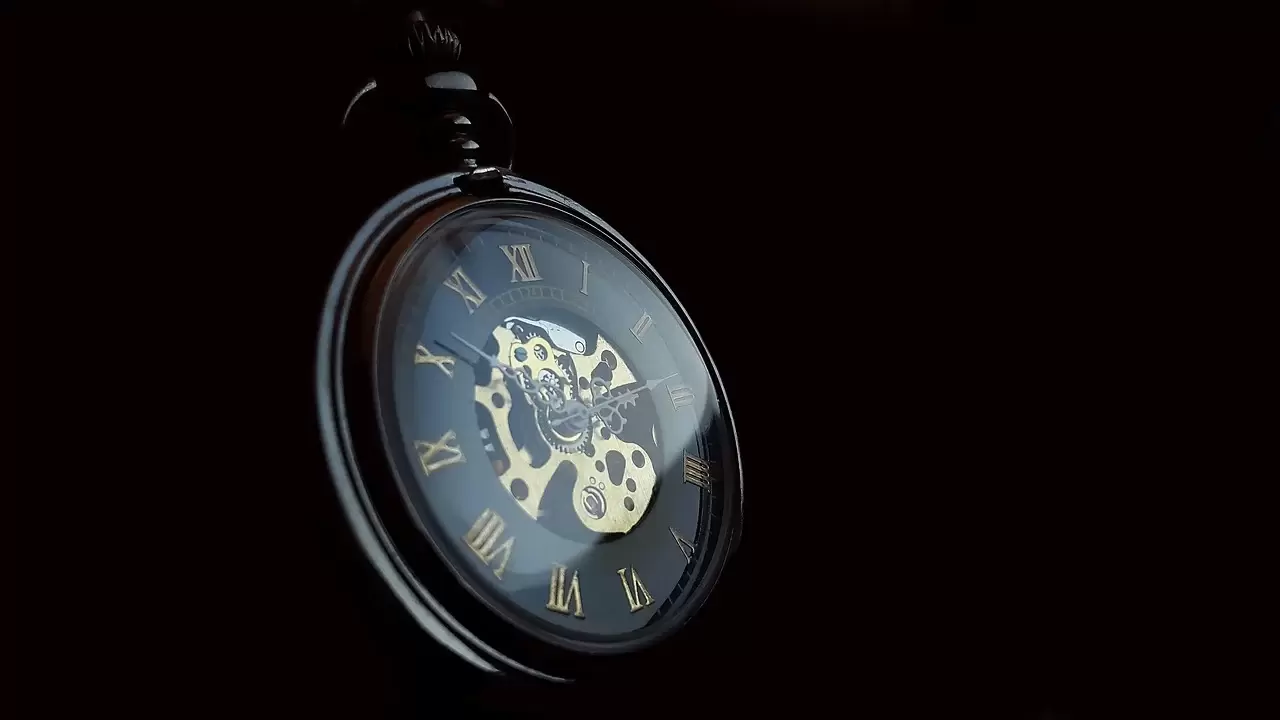|
Image by FelixMittermeier from Pixabay Quora Question: Is modern society structured so that people don't have time to think critically of their life? I’d like to take a contrarian position on this question and hopefully offer some useful insights.
I don’t think society is structured to work against people thinking critically. However, there are impediments to people engaging in more critical thinking. I think the main impediments are several cognitive biases that prevent people from taking a critical look at their ideas and beliefs. Let me mention a few of these. The knowledge illusion. The world around us is very complicated. But, while we tend to recognize this fact when prompted we routinely ignore it when it comes to expressing or examining our own opinions on the world. We tend to recognize the limits of other people’s knowledge while failing to recognize our limits. We all suffer from what Steven Sloman and Philip Fernbach refer to in their book The Knowledge Illusion as the illusion of explanatory depth. Consider the following example from their book:
This is the knowledge illusion. As they point out in the book, “Our point is not that people are ignorant. It’s that people are more ignorant than they think they are. We all suffer, to a greater or lesser extent, from an illusion of understanding, an illusion that we understand how things work when in fact our understanding is meager.” Related to this is the bias we all tend to have of thinking that our beliefs are correct. This is well illustrated in Kathryn Schulz’s book Being Wrong. In her excellent TED talk on the book, she asks some people a seemingly easy question: What does it feel like to be wrong? Their answers: “It feels bad.” “Embarrassing.” “Humiliating.” You’d probably agree. But, there’s a problem. This is not what it feels like to be wrong. This is what it feels like to find out you’re wrong. What does it feel like to be wrong? Nothing. It feels just like being right. So, we tend to think we know more about things than we do and we tend to believe that our beliefs are right. After all, they feel right. With those two things working against us, you can see why it might be difficult for people to engage in more critical thinking. What would be the point? Their knowledge and belief are already well justified and accurate. Having said this, I will point out that several factors don’t help individuals to break out of this trap. We are constantly bombarded with news stories that are, in part, designed to polarize us and not require in-depth analysis on our part. We are also inundated with several other life factors some of which are external and some of which are internal. These factors, such as the pressures of finding and keeping a job, raising children, etc., don’t always encourage critical thinking either. The irony of this is that all of these other factors, which together you might interpret as society being structured to hinder critical thinking, would all greatly benefit from more critical thinking not less. But, it will be difficult to see that because of the powerful effects of the biases I mentioned earlier. Overcoming those is the key to improving critical thinking. Like most other things, people will make time for something if it is an important priority. The popularity of sports is a good example. No amount of societal influence will do much to diminish the drive to watch and participate in sports. Until the motivation to examine your own beliefs and knowledge is as powerful as the motivation to watch your favorite sports team, critical thinking won’t improve much. A good first step would be to read these books: Steven Sloman The Knowledge Illusion Michael Syed Black Box Thinking Adam Grant Think Again Julia Galef The Scout Mindset Comments are closed.
|
KEVIN J. BROWNEPhilosopher / Educator These blog posts contain links to products on Amazon.com. As an Amazon Associate I earn from qualifying purchases.
Categories
All
Archives
April 2023
|




 RSS Feed
RSS Feed
















